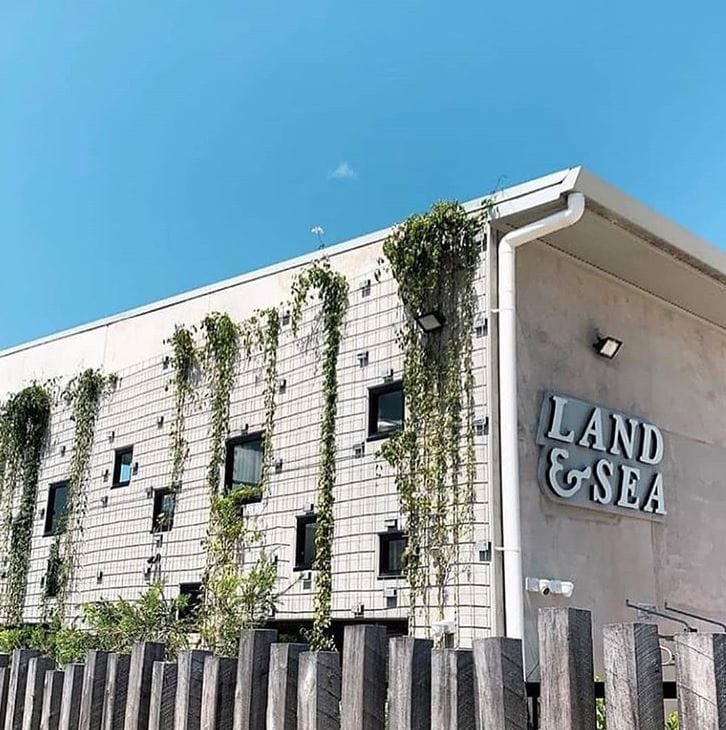Losing upwards of $700,000 in revenue can spell doom for a young, small business. But Noosa Heads Distillery Operations Director Tim Crabtree explains how his team navigated the COVID-19 crisis and what he learned in the process.
Noose Heads Distillery, the Sunshine Coast’s first distillery, opened its doors in March 2019. Sharing premises and ownership with Land & Sea Brewery, Noosa Heads Distillery produces spirits in a massive 2000-litre copper pot reflux still. There’s also a tasting room with an extensive cocktail menu.
A commitment to sustainability drives the business. “We do a lot of environmental stuff here, try to stay off the grid, be as self-sufficient as we can,” Tim Crabtree says. Their efforts have resulted in Plastic Free Noosa gold membership and accreditation under Surfrider Foundation Australia’s ‘Ocean Friendly’ program.
Using low-impact methods, the distillery made a big impact in the world of spirits. Just four months after opening, the distillery won three 2019 Royal Australian Spirit Awards medals.




